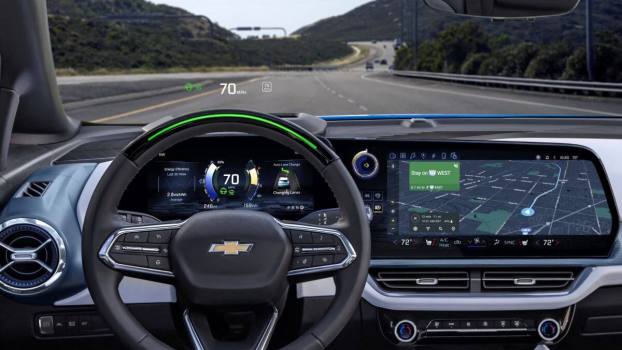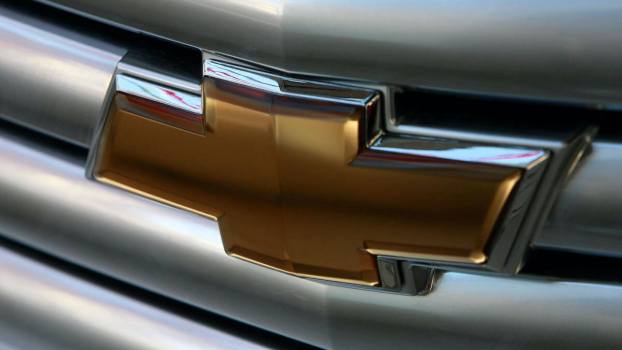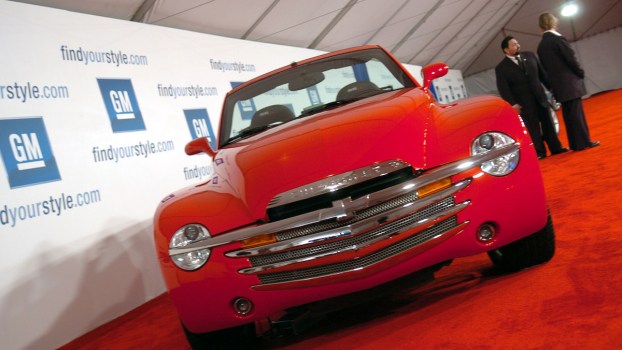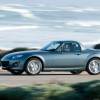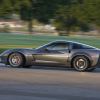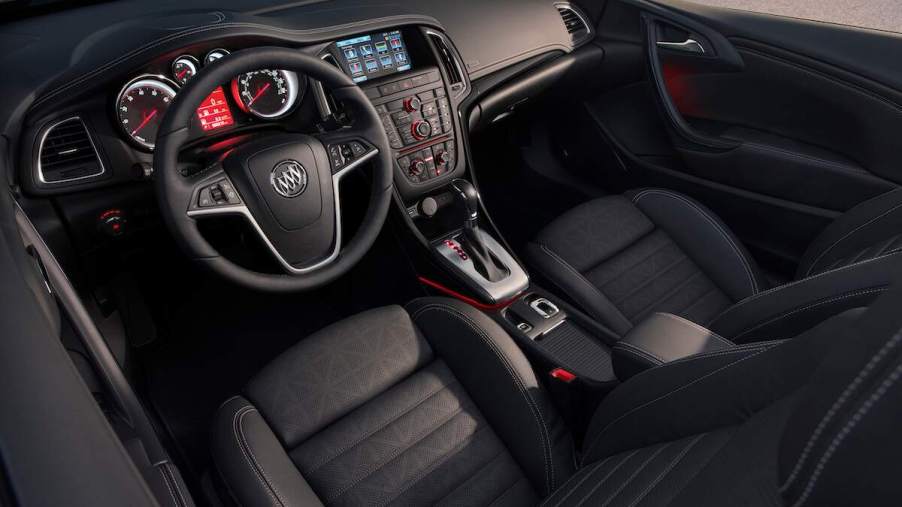
Did GM Really Make 3 of the Worst Convertible Cars of All Time?
The convertible is a staple of the auto industry. In fact, at the birth of automobiles, every car was a convertible. Technically speaking, the modern automobile wasn’t born until around 1906, when Cadillac offered an enclosed body as an option. Before then, nearly every vehicle sold was built without a roof. As the industry developed, convertible cars remained an offering to give drivers a sense of drop-top freedom.
Looking back through automotive history, it’s ironic to see that General Motors, the parent company of Cadillac since 1909, sold some of the least desirable convertible cars of all time. Here are three of the worst convertibles with nameplates from GM brands.
The Buick Cascada was a confusing convertible
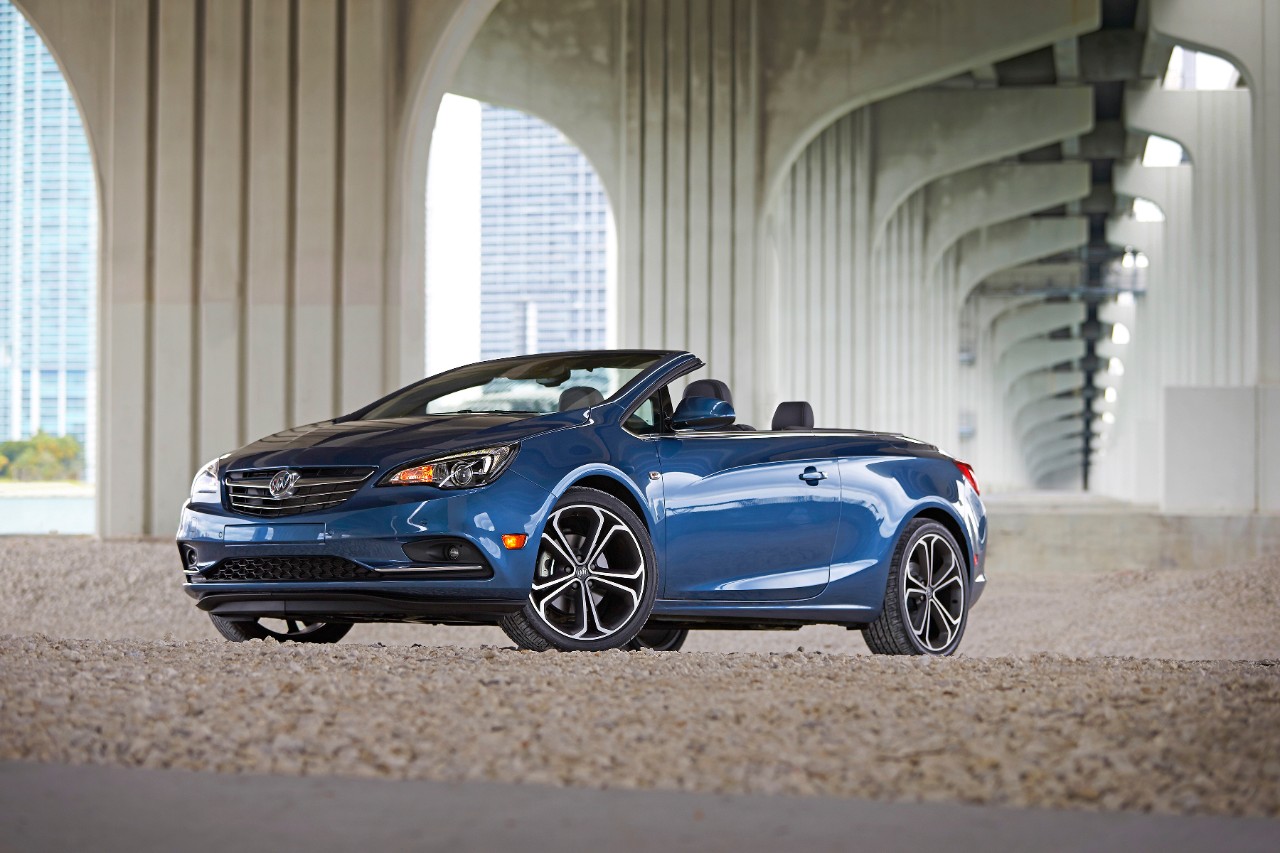
Wait, a modern Buick convertible? If the Cascada completely flew under your radar, you’re not alone. The Cascada was a world car built by Opel in Poland. Depending on the country, this convertible was called the Opel Cascada, Vauxhall Cascada, Holden Cascada, or Buick Cascada. GM offered it in America from 2017 to 2019. Unfortunately, the Cascada wasn’t popular stateside, selling only a little over 20,000 units during its three model years.
The Cascada flopped partly due to poor marketing. Few consumers knew of or wanted the car. It came standard with a 1.6-liter turbocharged four-cylinder engine producing about 200 hp. Thanks to its heavy convertible structure, the Cascada weighed around two tons, so it was slow. Car and Driver testers clocked it from 0 to 60 mph in 8.3 seconds.
In addition, the Cascada’s appearance was confusing. It looked sporty, but it was an underpowered, automatic-only, front-wheel-drive, heavy convertible with a starting price of nearly $38,000 for the top trim level. No wonder few people wanted to buy it.
The Chevrolet SSR had a polarizing design
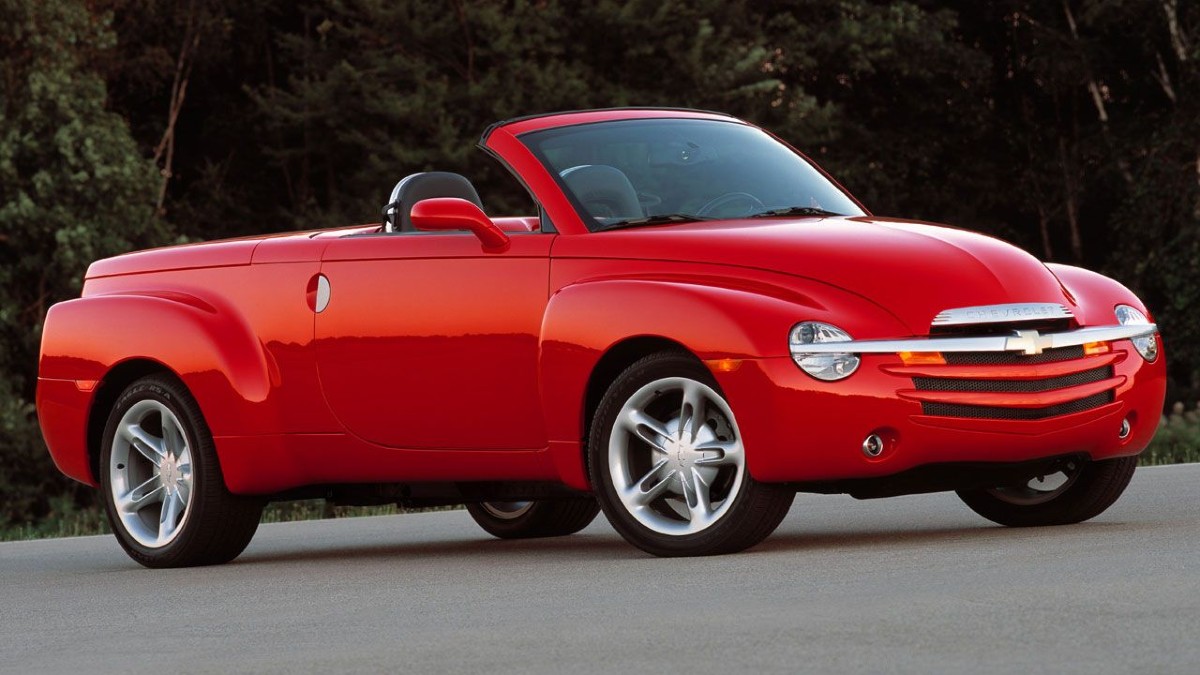
If you were a child of the 1990s or earlier, you probably remember the retro-futuristic nightmare of the early 2000s. The Chrysler PT Cruiser and Plymouth Prowler, along with the newly redesigned 2005 Ford Mustang, spearheaded the retro-futuristic design language of this era. There’s nothing wrong with these vehicles; in fact, cars like the stylish and practical PT Cruiser ended up being hot sellers. But some companies made mistakes during this era. The biggest was the Chevrolet SSR.
The SSR was a “Super Sport Roadster” sold from 2003 to 2006. It was a hotrod-inspired pickup truck. It featured a retractable hardtop, a leather interior, and a Corvette engine. Yes, GM sold a Vette-powered convertible pickup truck with retro styling. Well, it tried to, at least. Chevrolet produced only about 24,000 SSRs, and that largely had to do with the transmission.
For the first few years of production, this performance hotrod was available only with an automatic transmission. By 2005, the SSR had a manual option, but it was the same price as a Corvette. Because of the SSR’s price and polarizing design, consumers just bought a Corvette instead.
The Geo Metro convertible is arguably the worst from GM
The Geo Metro was an anomaly. The Metro was produced by CAMI Automotive in Ontario, Canada, as a joint venture between Suzuki and GM. It was built exclusively with a three-cylinder engine, and the hatchback model weighed only 1,650 pounds. Pair that engine and light body with a manual transmission, and you have a car with excellent gas mileage of 43 mpg in the city and 52 mpg on the highway. But because this was the 1990s, the Geo Metro also came as a convertible.
Though the Geo Metro hatchback was incredibly fuel-efficient, it was unbelievably slow. With the convertible Metro weighing 6% more than the hatchback, performance numbers suffered further, and the fuel economy ratings dropped dramatically. By 1992, the Geo Metro convertible with an automatic transmission got an EPA-estimated 28 mpg in the city and 34 mpg on the highway. The whole point of the Geo Metro was its low price and sky-high fuel economy numbers, but the convertible negated any reason to buy this car.
